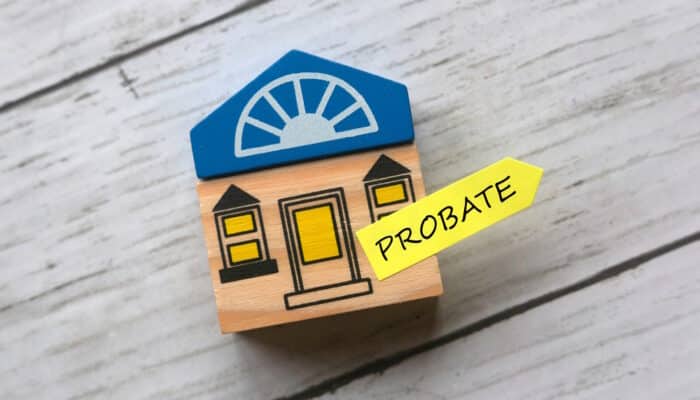Florida probate is a legal process that occurs when an individual passes as a resident in this state. The probate process validates a Last Will (if one exists) and functions to distribute the deceased party’s assets in the proper manner, either pursuant to the subject Last Will or by state law. The probate process can take approximately 6 months to a number of years and is dependent upon how complex the subject estate is or if the matter is contested. Throughout the probate proceeding, there are several processes, procedures, and deadlines that may feel complex and overwhelming. Often, it is at these points where one will determine if they need a Florida probate lawyer.
A probate attorney is a lawyer who focuses on estate planning and the probate process. They are experienced at working with the personal representative or executor as well as the deceased’s family members to get the estate through the probate process and assets distributed to the beneficiaries or heirs.
After a loved one passes away, their assets, also referred to as their estate, must be distributed to beneficiaries or heirs, which include assets such as bank accounts, vehicles, jewelry, real estate, and personal property. Any asset which is owned by the deceased party must go through probate unless there is a named beneficiary (such as an insurance policy) or there are rights of survivorship (such as in real estate).
A Last Will & Testament is a document which details who shall receive what property when someone passes away. The Last Will in Florida names a Personal Representative or in some states called an executor, which is the person who is responsible for distributing the decedent’s estate to the named beneficiaries. Upon the decedent’s passing, the Last Will is provided to a judge to be admitted to probate, which means that the court will review the said Last Will to confirm it is valid. Under Florida law, the Last Will must be signed by the individual writing the Will and be signed by two witnesses. Florida law does not require that the subject Last Will be notarized, but notarized Wills should be easier to admit to the probate court.
After the Last Will has been admitted, the administration of the subject estate will occur. Administration can be a lengthy process that involves taking an accounting of the decedent’s assets, providing proper notice to beneficiaries, managing any beneficiary disputes, and managing creditor claims, if any. An experienced probate attorney will be familiar with the administration process and can guide the surviving family through the necessary steps. When the administration has been completed, the probate judge will sign an order allowing all the property to be transferred or distributed, and the probate process can be concluded.
If an individual passes away without a Last Will or other estate plan, Florida law will govern how their estate is distributed. This process is commonly referred to as intestate succession. Generally, the individual’s assets will go to their surviving spouse, if any, and/or closest relatives (i.e., next of kin).
Even though there is no Last Will, the estate will still go through the probate process for the assets to be formally transferred or distributed to the intestate successors.
The probate process is time-consuming, can be complex and comes at a time in one’s life when they should be focusing on grieving their loss. An experienced probate attorney can take the burden off the person and assist in making the probate process easier. The attorney’s knowledge of Florida law and the court system will help ensure that mistakes are not made that may delay the probate of the estate.
One vital role an attorney plays is to help determine who is entitled to the estate and effectuate those applicable transfers or distributions. An attorney can assist the Personal Representative or executor and/or surviving family members in the following ways, among others:
Determining and paying any taxes due, such as estate taxes, income taxes, or inheritance taxes;
Identifying and creating an accounting of all estate assets;
Setting up and managing a checking account for the estate;
Paying any debts and final bills owed by the estate;
Ordering any appraisals which may be necessary (commonly occurring with real estate and jewelry);
Making final distributions and re-titling assets in the names of the beneficiaries or heirs; and/or
Most Last Wills are uncontested, but if any objections to the subject Last Will or the applicable distributions arise, which may lead to disputes, and, potentially, probate litigation.
The foregoing is a very brief and general overview of the benefits of having a Probate lawyer in Florida.
If you have any additional Questions regarding the foregoing or have any legal issue or concern, please contact the law firm of CASERTA & SPIRITI in Miami Lakes, Florida.

